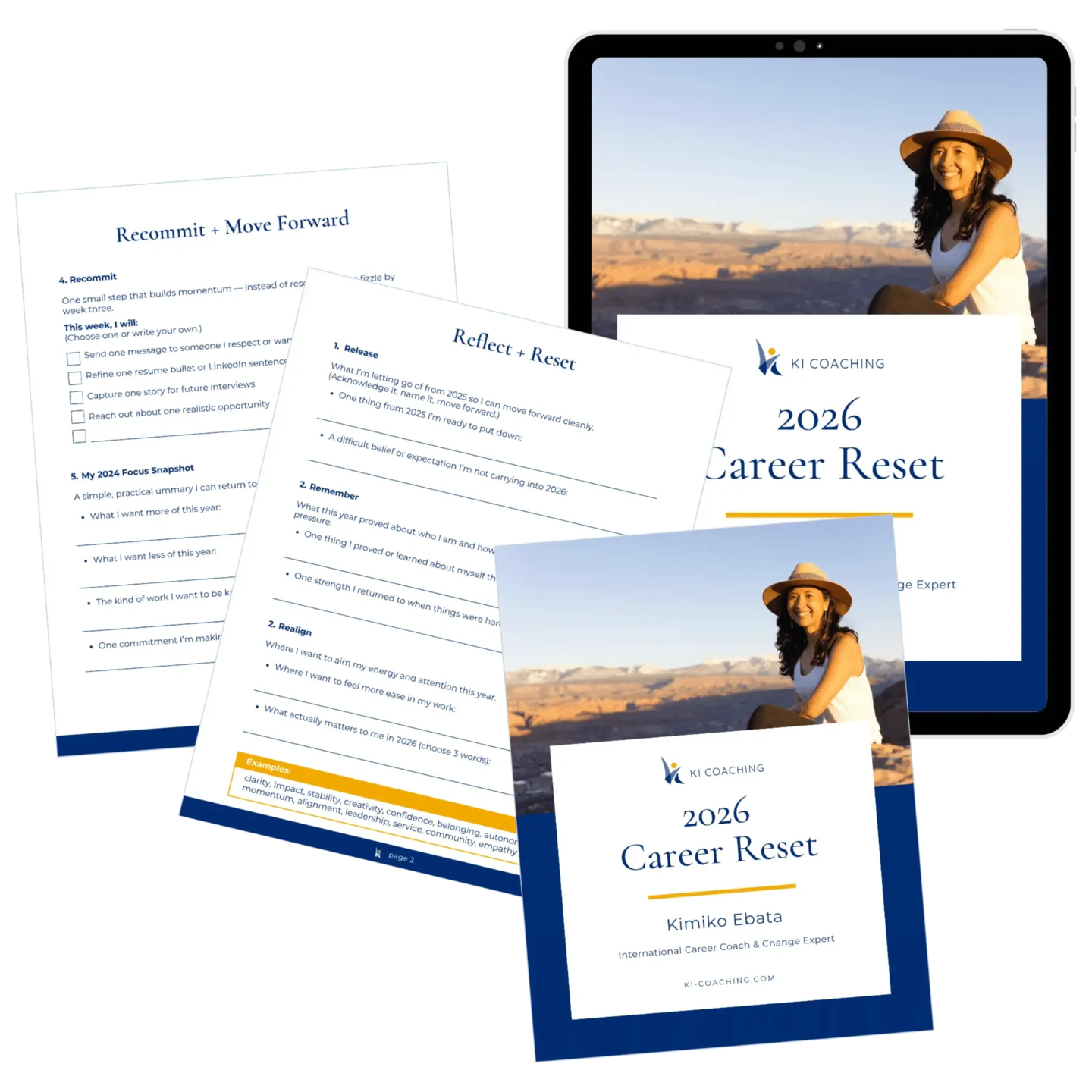If you have ever attended a networking happy hour or a conference, you can probably remember a time when you experienced sweaty palms before delivering your elevator pitch to someone you were connected to at a work event or felt a lump in your stomach ahead of introducing yourself to someone over a boxed lunch at a conference. However, maybe now, after a year of sitting inside your own four walls, your views on connecting with others have changed. Despite even potentially identifying as an introvert, the thought of meeting new people appeals to you now more than ever!
With or without the pandemic, if you are interested in learning new skills or advancing your own goals, networking can be a great way to find and explore new opportunities. The social capital that comes from networking supports the flow of knowledge and information, and it can also spur new ideas and energize thought processes during a time when all feels stagnant.
Professionals rely on social capital when they’re looking for wisdom or mentorship, when they’ve hit a dead end with a task, or when they are job searching or thinking of a career pivot. According to a recent study by LinkedIn, a candidate is 4x more likely to get hired at a company/organization where they had a connection, so it is important to not let unfounded fears prevent you from taking your next step. While networking events and professional conferences have been moved online, the pandemic has opened just as many doors, as it has closed. Here are things to consider as you expand your network during this unique time.
Think creatively.
Connections should not solely come from your professional life, but they should also come from communities that you have access to through social, civic and school groups as well. The best networks are built organically, so by spending time with groups whose company you enjoy the most, your insecurities will be put to rest and you will be comfortable and confident in your own value. If you are passionate about where you are currently enrolled or went to school, find alumni groups to connect with. Engaging in your favorite pastime can be another way that you can build some of your strongest and most authentic connections. Contacts can also be discovered in less conventional settings, sometimes on lunchtime walks or even in virtual fitness classes, so it is important to never rule anything out!
Remain intentional.
Networking from home can offer the chance to have higher-quality interactions with others because it is thought that you have done your research on the person who you have reached out to, instead of just striking up a conversation with someone because you were seated next to them at a conference.
In some ways, this virtual world has increased access to networks and provided an excuse for professionals to expand their networks outside the surrounding zip codes. There are several affinity groups online that could be a great place to start when developing a list of those who you would like to connect with—the more overlap in background and interests, the better. For starters, the Veteran Mentor Network is a site for service members seeking industry insights, Stack Overflow supports those in the software development community, and Fairy Godboss or Power to Fly are great resources for women who are looking for advice or mentorship.
Typically, a person’s network can be broken down into two types of contacts: close ties that include family and friends, and weak or dormant ties that include people who you see or interact with once a year or less. To help reinvigorate your weak ties that you might have lost touch with, you can use insight from social media feeds to invite those into a conversation and get back in touch. The pandemic offers a unique opportunity and excuse to reach out with kind wishes and/or a lending hand. When it comes to a job search, it will be these weak ties will propel your job search immeasurably.
Be a good person and just be you.
If you approach networking from a self-serving approach, others will pick up on this quickly and will not offer to help or further connect with you. People like people who help them, so if you express your gratitude and/or offer ways to help you will automatically endear yourself to others. With any contact, you should feel free to email them a $5 gift card as a form of appreciation so your contact can buy themselves a coffee like you would do in person, as well as articles or podcasts that pertain to trends in their field or any personal and professional interests that were shared with you. To help you maintain your network, Contactually is a great relationship management platform that will allow you to stay organized and be strategic with your outreach to strategic contacts.
Contrary to popular belief, building a network is not about being loudest, most effusive, most social butterfly in the room; introverts can also be effective networkers because of the effort they put into it. It’s about building relationships, listening well, being authentic, following up and continuing to stay in touch. Even if you think you weren’t born with this knack, you can get better at it by using some outside-of-the-box thinking and creativity to flex this muscle and build just as strong of a network as you would in the traditional office setting.
Subscribe for free professional tips and career advice
We hate SPAM. We will never sell your information, for any reason.



